Less than 50 days before the start of the major tournament, a statement from the defence ministries of Qatar and the US declared that they would work together on technical arrangements for the 2022 FIFA World Cup.
The US and Qatar signed a memorandum of understanding on the subject, according to a Monday statement from the Gulf state’s Ministry of Defence (MOD).
The technical agreements, according to MOD, “seek to define and organize the obligations linked to collaboration between the two parties, including the US military forces role to providing support to the FIFA 2022 World Cup.”
Qatar and the US have signed other security agreements ahead of the major sporting event.
Members of Qatar’s police forces met with the New York Police Department’s (NYPD) Transit Bureau team in January to exchange expertise over safety and security best practices during major events.
In July, the US Department of Homeland Security (DHS) signed agreements with Qatar over World Cup security.
The DHS would help “identify air passengers linked to terrorism, trafficking, detecting watchlisted travelers, and monitoring potential security risks at Hamad International Airport,” as it explained in a joint statatement.
Both parties also agreed on further commitment to collaborate on countering threats from unmanned aircraft systems (C-UAS), and “DHS is committed to sharing lessons learned and best practices on C-UAS to help secure World Cup Qatar 2022.”
Other security agreements
Beyond the US, Qatar has partnered with other countries in an effort to secure the sporting event.
On Wednesday, French media reported that France is sending 191 gendarmes along with deminers and sniffer dogs to help maintain security at the event.
France agreed in December last year to send personnel and material to the Gulf state, including a BASSALT anti-drone system that detects and identifies incoming drones.
France also said it will be sending one of its Air Force’s four E-3F Airborne Warning and Control System (AWACS), which can track hundreds of targets.
Also on Wednesday, Turkish legislators agreed to deploy its troops to Qatar for six months under Operation World Cup Shield.
Turkey announced in July plans of sending chemical, biological, radiological and nuclear defence (CBRN) personnel during the event. The Turkish Armed Forces have been carrying out CBRN duties since 1930.
In December last year, Turkey announced plans to send some 3,000 members of its riot police units to Qatar for the World Cup.
Turkish Interior Minister Suleyman Soylu told the press that the number of officers may be increased, with a general coordinator from Turkish law enforcement, more than 40 security advisers, and search dogs to be dispatched to Qatar.
Qatar has also signed an agreement with Morocco over World Cup security as it holds talks on the matters with Jordan, another country in the region.
In another agreement with a European country, Qatar and Italy signed a deal last month on defence cooperation in preparation for the World Cup.
Last year, Qatar and UK defence officials discussed joint security for the World Cup, with the allies taking part in the ‘Watan’ exercise to test the preparation for the tournament.
Bilateral defence ties were further discussed in May during the visit of Qatar’s Amir Sheikh Tamim bin Hamad Al Thani to the UK.
Soon after, London announced it would be providing air policing during the event in Qatar – marking the first such time that Britain provides this level of security to a World Cup held outside the UK.
The Joint Typhoon Squadron, also known as 12 Squadron, is the UK’s first joint squadron since World War II and will be in charge of counter-terrorism operations.
The UK-based Typhoon squadron is headquartered at the Royal Air Force Coningsby in Lincolnshire, and has regularly trained in Qatar since its creation as a combined squadron in July 2018.


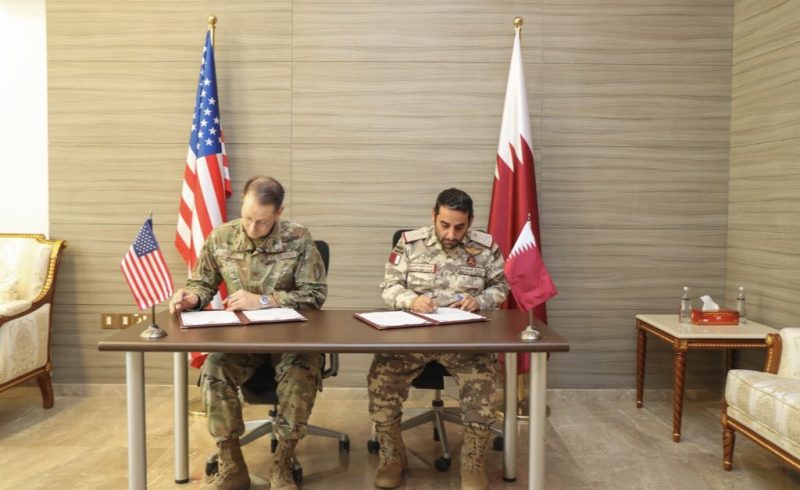

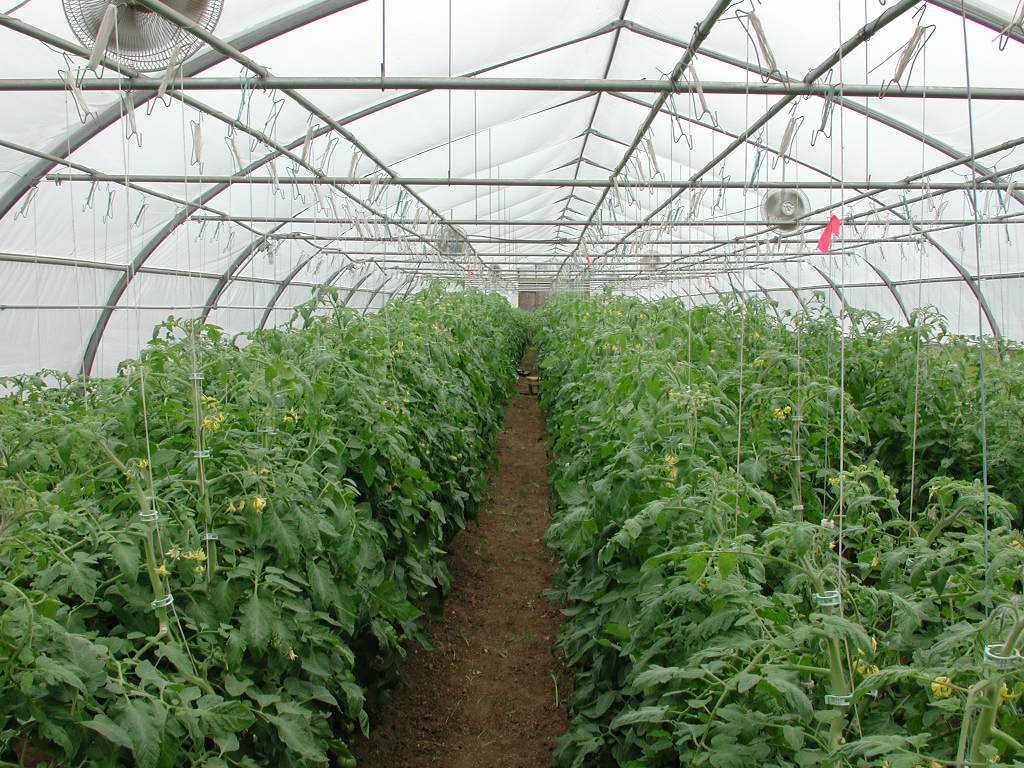
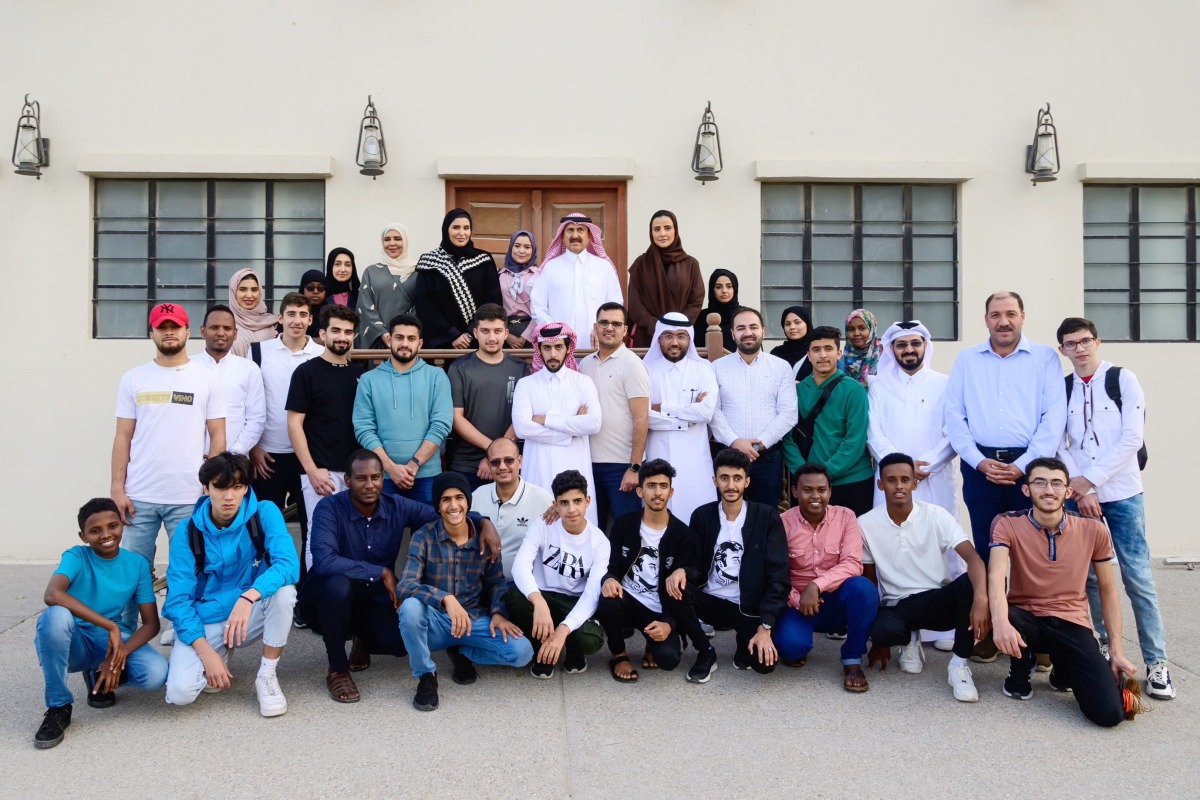
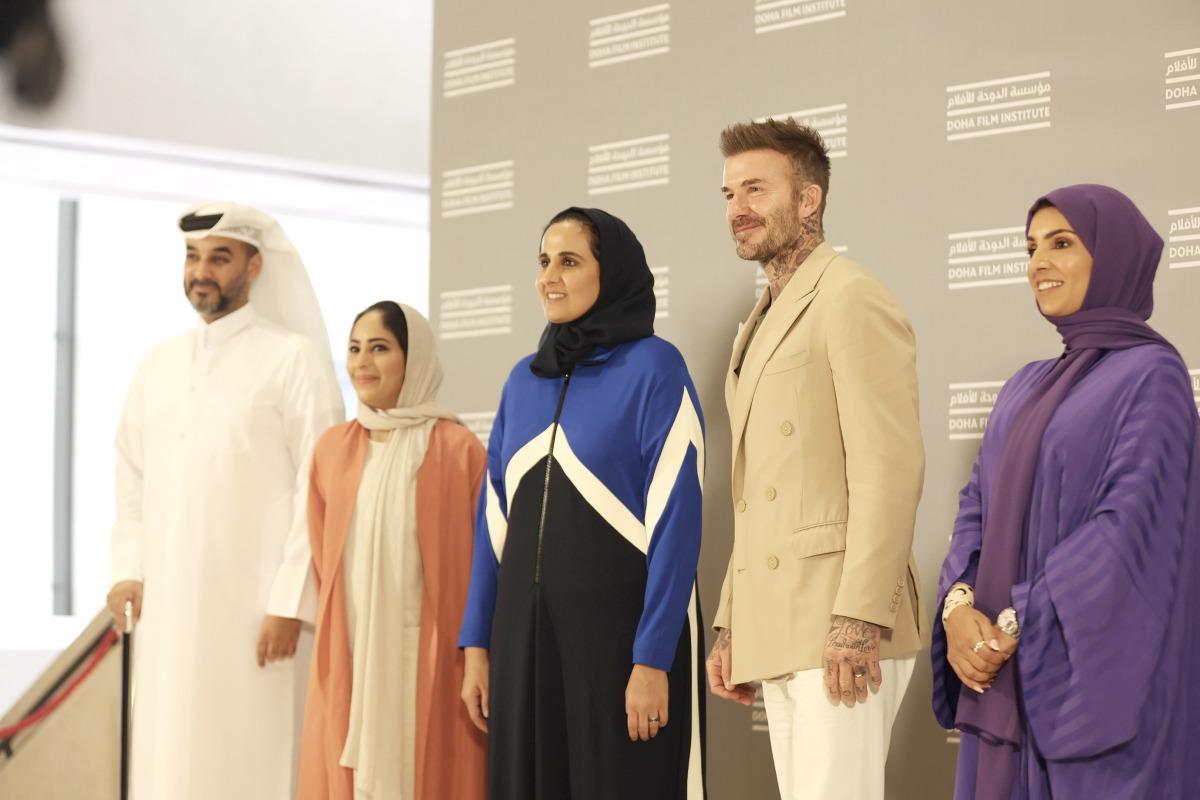
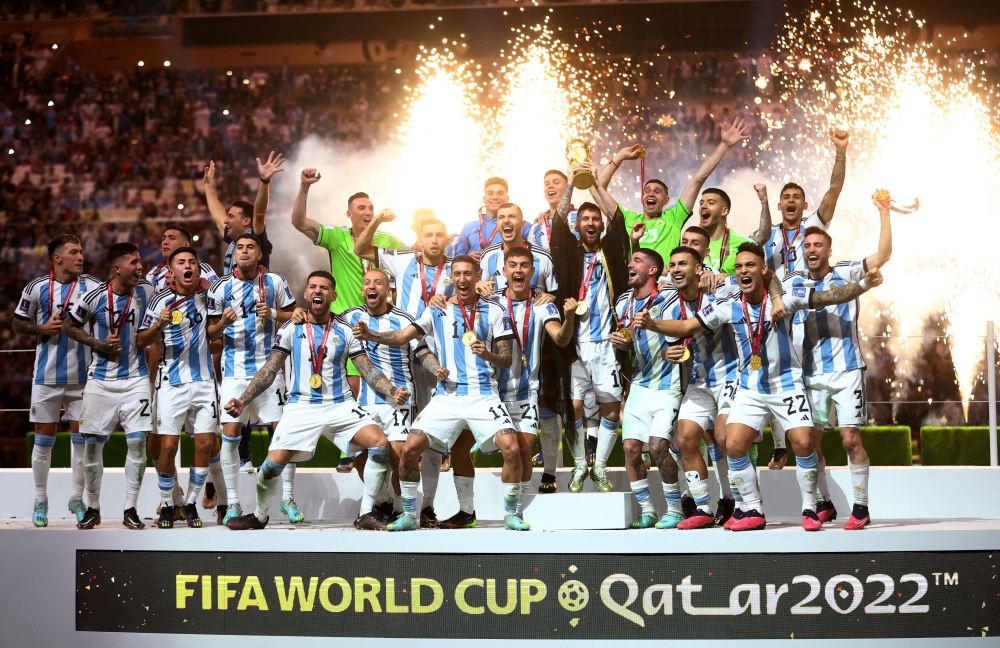
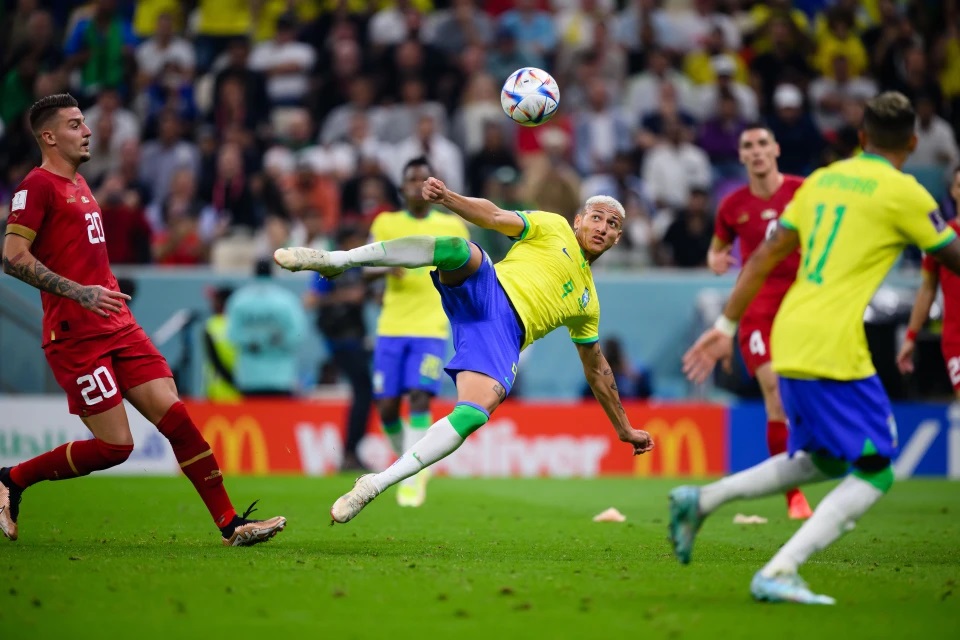



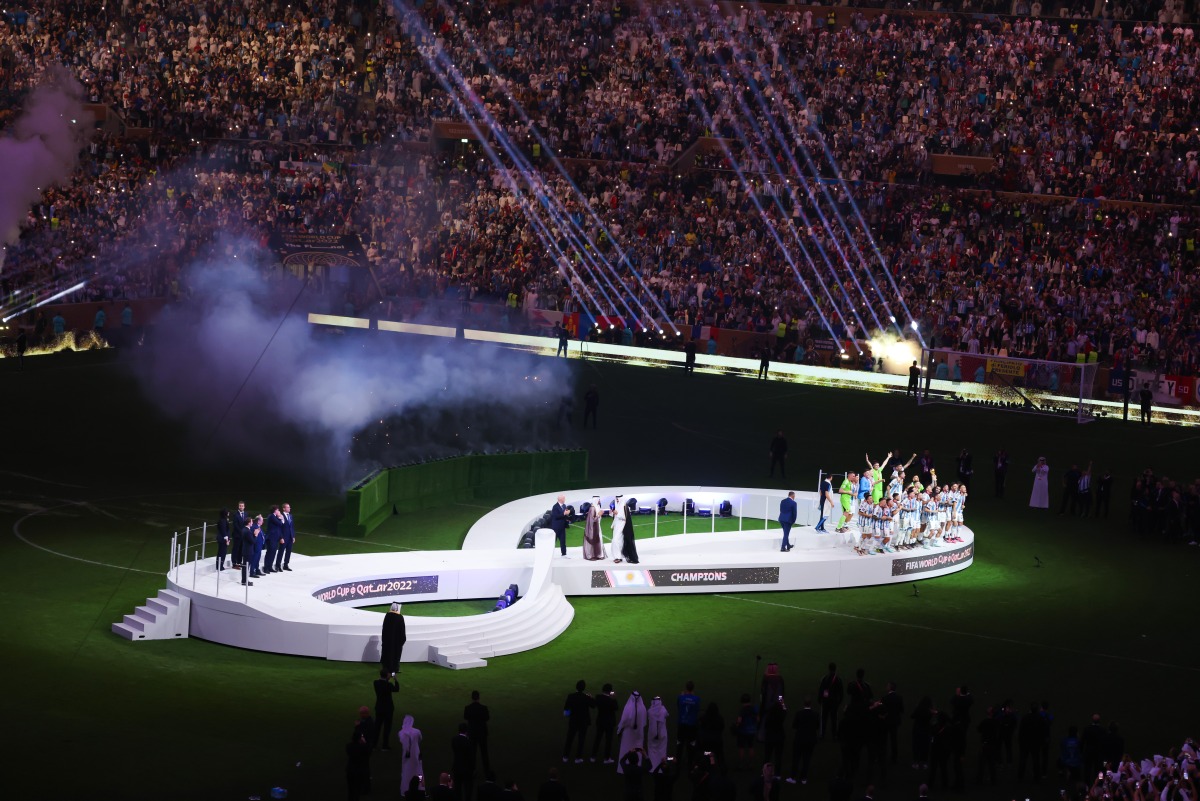




Leave a Reply